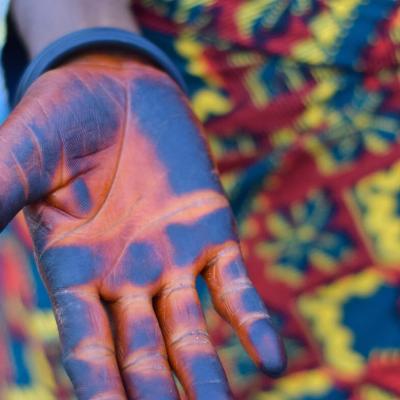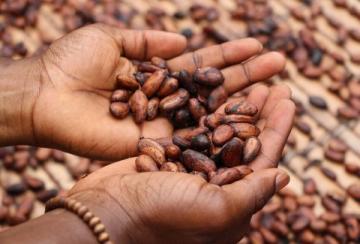Seasonal Migration Grants in Bangladesh
Seasonal migration from rural to urban areas can have large effects on poverty. In a randomized trial in Bangladesh, we show that offering financial help to migrate during the gap period between plantation and harvest can increase household food and non-food expenditures by 30-35 percent expenditures. Households consume 550-700 more calories per person per day, household income increases by 19 percent and these households are more likely to migrate again in subsequent years. Positive spillover effects of seasonal migration can be seen even on those who do not migrate, with income increases as high as 10 percent.
Subsidies for Latrine Usage in Bangladesh
Despite the potential health and economic benefits, latrines are often underused in developing countries. We show that households who receive a subsidy to buy latrines are 16 percentage points more likely buy one in the year after the intervention. Even households that did not obtain the subsidy show a higher probability to buy a hygienic latrine, indicating the importance of indirect effects of interventions.
Social Learning and Technology Uptake in Malawi
An intervention in Malawi to train volunteer farmers in villages to explain to other farmers how to use technologies for agricultural production shows significant increases in uptake of technologies in the following year. In particular, after two years the most effective encouragement strategy increased technology usage by 10 percent. The results were substantially stronger when a reward program was in place to incentivize the volunteer farmers to spread the knowledge.



